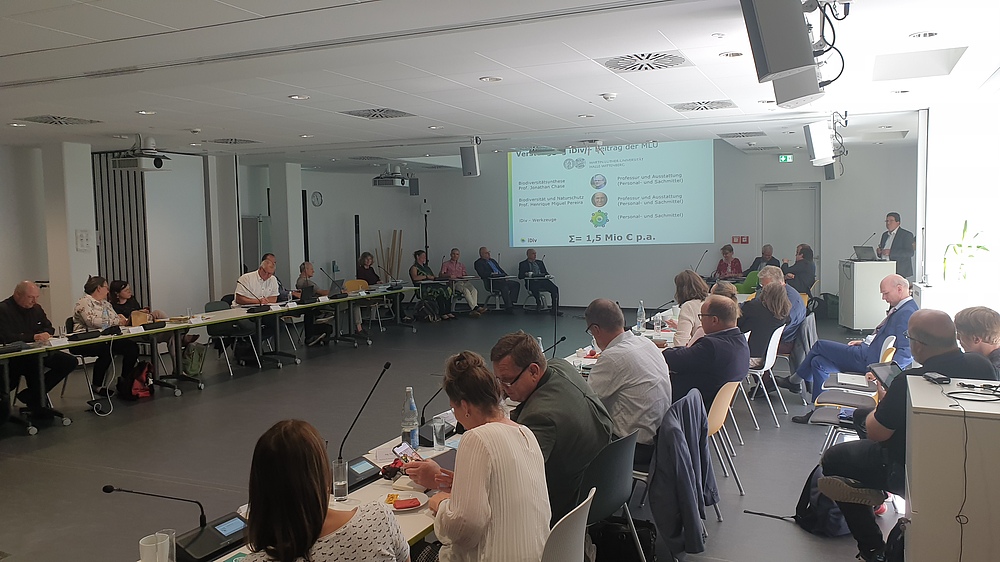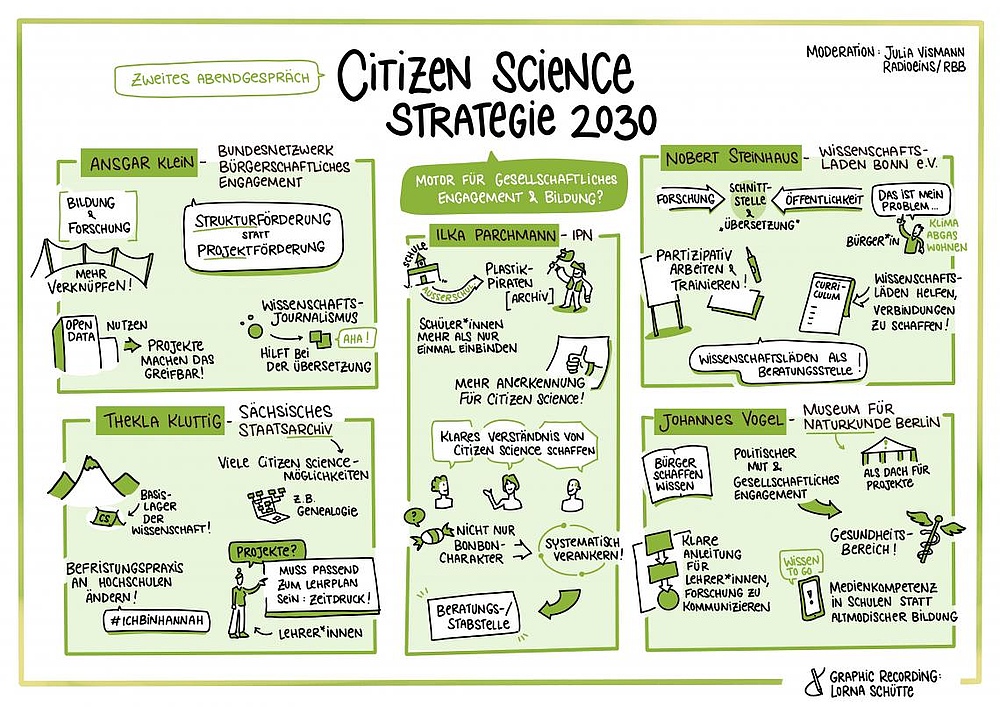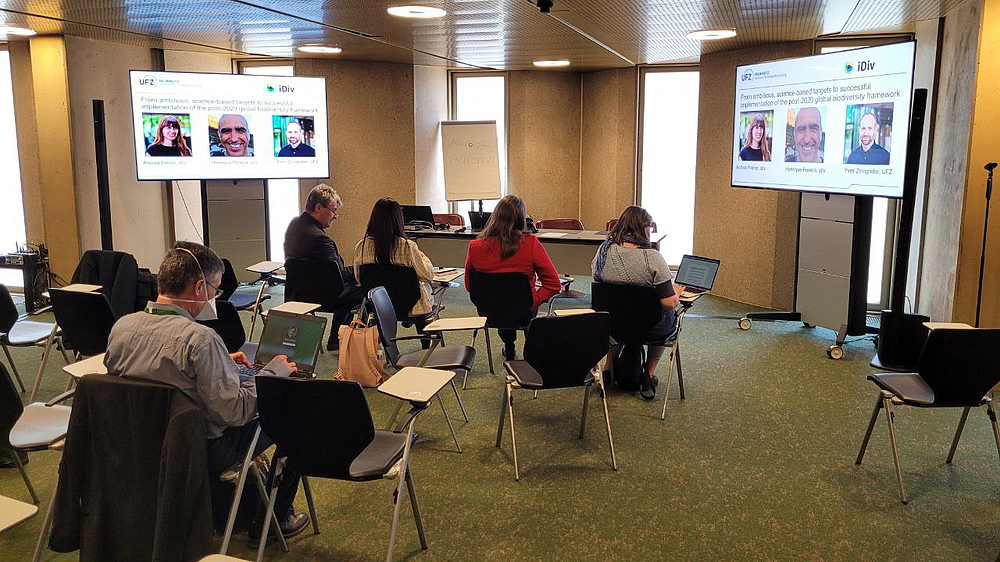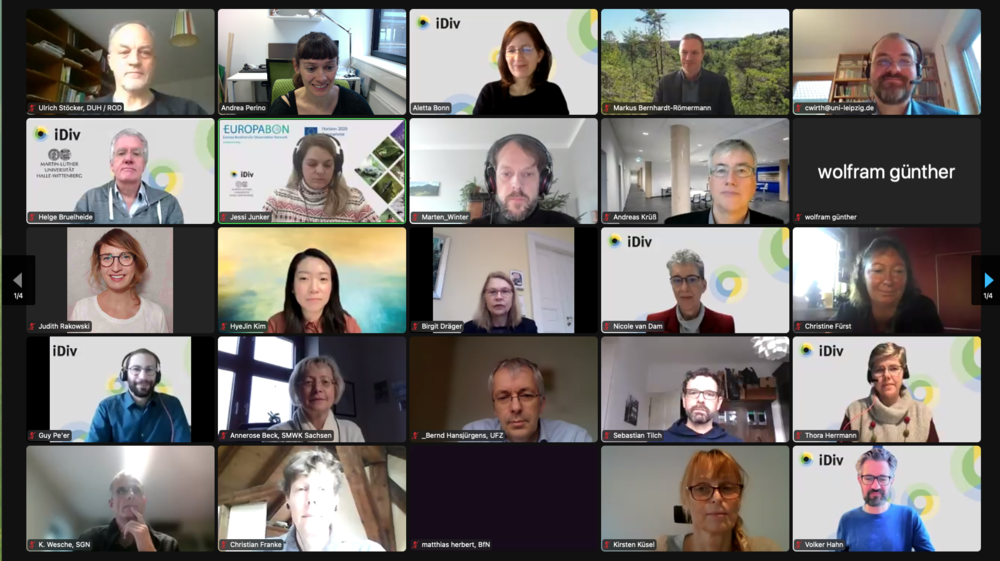About
At iDiv, we work together with stakeholders to contribute to global, regional, and local science-policy. We engage in multiple biodiversity policy processes and contribute our expertise through intergovernmental bodies and international agreements, such as the Intergovernmental Science-Policy Platform on Biodiversity and Ecosystem Services (IPBES) and the Convention on Biological Diversity (CBD).
We facilitate an active platform for science-policy dialogue and foster transdisciplinary research collaborations with decision-makers, agencies, civil society, and businesses. This enables the exchange of knowledge on current findings and the joint development of solutions.
At iDiv, we also create new methods and guidelines for biodiversity monitoring on local to global scales. Our scientists participate in various expert committees and provide advisory services to both scientific and political decision-makers.
Areas of Activity
Topics
Scales
Activities
Events
Publications
Contact
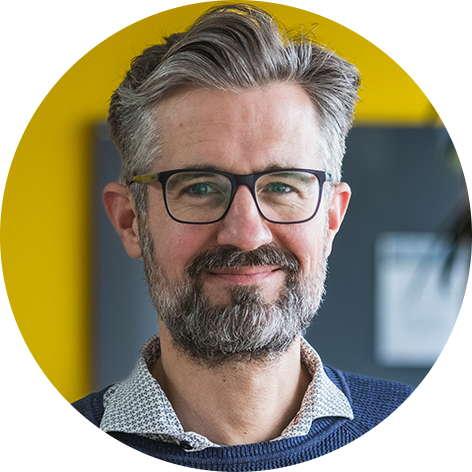
Dr Volker Hahn
Head of the Impact Unit and Spokesman
Phone: +49 341 9733154
Email: volker.hahn@idiv.de
Full profile




